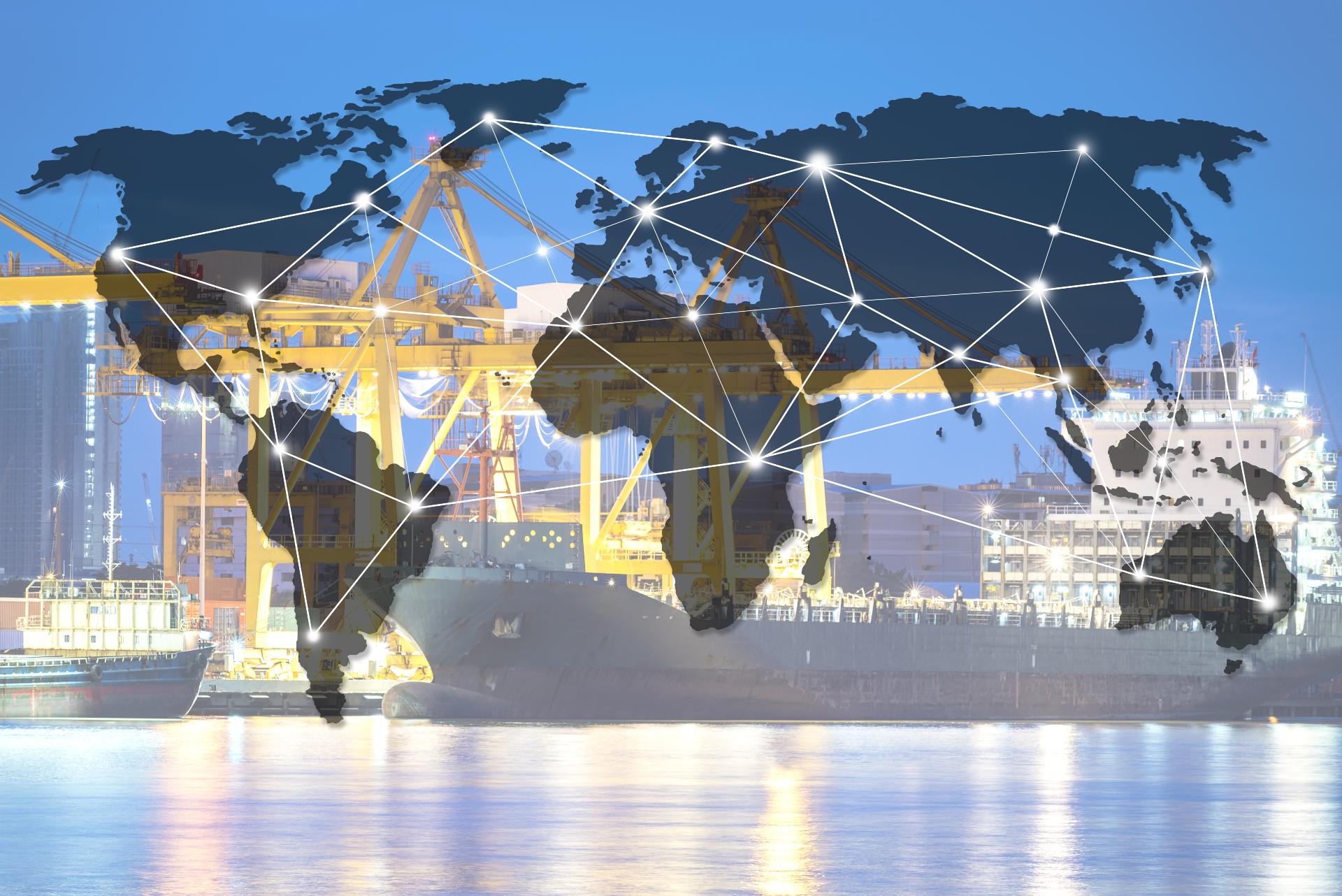Smart port solutions - data driven decisions

This information can add value to many aspects, including cargo positioning, traffic congestion, equipment reliability, staff safety and cost control. We use data collected from ports to provide digitalised and data-driven services, tailored to the port’s needs.
Data-driven decisions are important to standardise both working practices and the metrics for performance monitoring, crucial for investment planning and return, as well as driving continuous improvement programmes.
Machine Learning for Ports
There are huge quantities of data available across ports and terminals but extracting value from this data can become overwhelming. Often system environments have grown organically, with data in departmental or technological silos, making cross-referencing difficult. Having a structured approach to data capture, management and reporting is therefore crucial to making data driven decisions. This data strategy should align closely with the business objectives and strategy, to ensure information is extracted that can measure and guide the port management accordingly.
Our team can support development of data structures and strategy and also the review and audit of existing data sources, alongside the business strategy to support the port developing a data-driven approach to management.
Data from multiple sources can be brought together into a lake or unstructured collections (Big Data) and from this new mix of information, fresh insight can be gathered. To extract value from these large quantities of data, the use of machine learning (AI) tools becomes useful.
Our team of data scientists can build and host such data lakes, using Azure tools and AWS hosting, and drive machine learning projects to help port clients learn more about their business performance. Models can sift and link data far more quickly than humans and find patterns and constraints in historical performance that can guide better processes and decisions at the terminal. Once an area has been defined, then the model can learn patterns from historical data, perhaps from a TOS or Finance system, then form a predictive view to guide managers when similar situations exist. The growth of AI in terminal management is expected to be rapid, where planning, equipment assignment, maintenance and landside traffic control can all be enhanced.
Our team are machine learning specialists in the maritime industry and can guide our clients on executing smarter data & decision-making solutions.
Data Capture & Sensors
In the port sector, digital data may not traditionally exist to feed into decision-making models and fresh information must be captured. Our team specialises in data capture from the physical environment, from infrastructure, civil assets and equipment.
The addition of sensors to port infrastructure, especially older pre-digital assets, can provide valuable insight into asset maintenance, risk planning and future investment considerations. A range of cost-effective options exist, to bring data into real-time decision making, from fenders and pontoons, through lock-gates and quay structures. This data can be presented in metrics and dashboard trends, to guide asset owners and operational managers, all hosted and supported by the Royal HaskoningDHV team.
Ports also have a wide range of imagery from which data can also be extracted, using computer vision principles. Asset condition, traffic volumes, congestion, safety and other typical challenges can be resolved with data that often already exists in images captured by the port, in video or still format.
Our Envision suite of products are designed to resolve bespoke challenges for industrial environments including in ports, converting imagery into data that can be analysed and used in machine learning and decision-making metrics.
For example, these tools can be used for terminal road and pavement analysis, or security and traffic applications, to use simple video feeds to determine patterns of asset deterioration or traffic congestion, as a basis for forecasting and planning maintenance or process improvement.
Having the best advice from the Smart Ports team will ensure the correct technologies are implemented, for data driven decisions, designing bespoke solutions and making the best from the latest data science tools available.
Royal HaskoningDHV Digital is a world leader in developing a data-led understanding of how to integrate the physical and digital world, which creates a wide array of possibilities to reshape our society, including within the maritime industry.
The Smart Ports team are at the forefront of this industry and provide advice to many clients improved decision-making with data from all types of sources.
Get in touch with our team today to discuss your needs.
